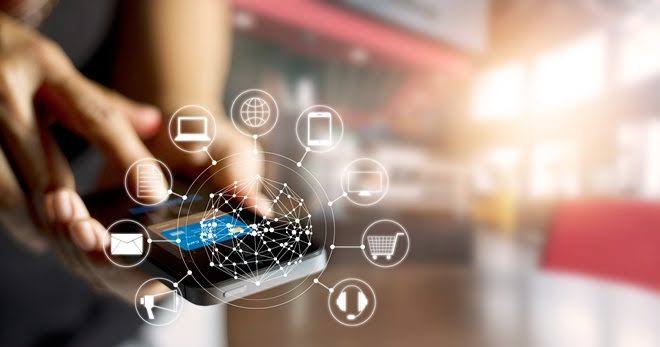Technology has changed many aspects of our personal and professional lives. How we use it today is drastically different from what was available a decade ago. In fact, technology is continuing to transform just about every industry, including hospitality. There are software solutions that have revolutionized hotels, restaurants, recreation and tourism. Take a look at the examples below.
Inventory Management:
Inventory management in hospitality is no small task. From purchasing to invoicing, it requires effective processes and internal systems to streamline this aspect of operations. It’s important to use software solutions that reduce errors and accommodate your infrastructure. There are applications available that can literally transform supply chain management. It’s possible to save both time and money with the right inventory management system.
Remote Check-In and Out:
Labor costs are significantly reduced by enabling guests to check-in and out of their hotel room. There are even mobile devices that allow guests to check-in and out before they even arrive on the property. This can also make operations more efficient, which contributes positively to bottom-line results. When guests have a check-in and out process that’s seamless, they view the hotel more favorably, which results in more positive reviews. These positive reviews lead to a lower vacancy rate.
Data Protection:
Of significant importance in hospitality is data protection. It’s imperative that enterprises across all industries keep their customer data safe. Unfortunately, the techniques used by hackers are becoming more savvy and companies must likewise integrate software solutions and systems to combat the issue of hacking and to reduce vulnerabilities. A data breach in hospitality can put millions of consumers at risk.
Workforce Management:
Managing a workforce in hospitality is no small task. It requires the ability to track applications, coordinate schedules, manage performance, and complete many other critical tasks to optimize employee engagement. Any one of these functions is a masterful undertaking that requires a significant effort. For instance, the process of recruitment is extensive. Technology has enabled companies in hospitality to manage these functions with a far better level of effectiveness than in the past. The same applies to managing schedules and forecasting staffing needs.
Personalized Room Service:
Room service is one of the many joys of hotel hospitality. Room service can now include recommendations of food items based on prior orders and online placement of orders. It’s much like other food delivery software applications that exist outside of hospitality.
Reserved Parking:
In the past, parking in a popular hotel and restaurant has been notoriously complex. Technology has enabled reserved parking, which can make a guest’s entire experience more enjoyable. It can also reduce labor costs because fewer employees are needed to manage parking activities. There are often sensors used to determine whether or not a guest’s vehicle is currently parked.
Customized Guest Experiences
The number one priority in the hospitality industry is earning guest satisfaction and loyalty. This is accomplished by ensuring world-class guest experiences to meet all of their needs. Technology has enabled hotels to automate different functions and provide a personalized experience. Some hotels will have information about your preferences already locked in so that your specific needs are accommodated. Tools like occupancy sensors and other features can help to provide optimal service.
Improved Reputation Management
Whether it’s a hotel or restaurant, reputation management is important. There are software solutions that can monitor reviews online and provide a seamless way for brands to manage their reputation. It can also simplify the process of responding to complaints levied on a social media platform. This shouldn’t be considered optional because failure to address issues that arise can be detrimental in both the short and long-term.
Predictive Maintenance Systems
Managing operations in hospitality is a masterful undertaking that requires an efficient and effective system. The use of predictive maintenance systems can simplify that process because they will often use alerts to notify staff of issues that need to be resolved. For instance, if there’s a major plumbing problem, a system with sensors can provide an alert before serious damage is caused. Most guests in a hotel care a great deal about air conditioning and air quality, especially during the summer months. A predictive maintenance system will closely monitor each room and provide notification of any issues with air quality that are out of the norm.
Data Analytics:
Every business must be able to make informed decisions based on accurate data. Having the ability to do so in hospitality is critical because not being able to accommodate the needs of guests is not an option. Being able to visually see what’s happening in your operations can drastically change how you make decisions and the outcome of those decisions. You can develop strategic plans based on real and actionable data. It can literally be a game-changer.
Without a doubt, technology has drastically improved hospitality management. The implementation of modern technologies should be a priority for every hotel and restaurant, as well as other businesses in the industry.







